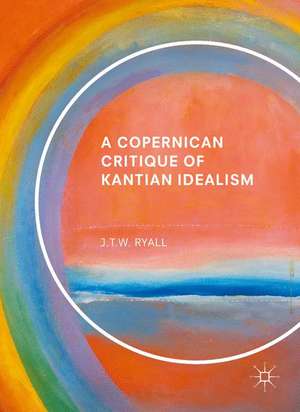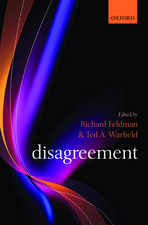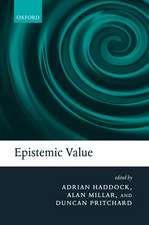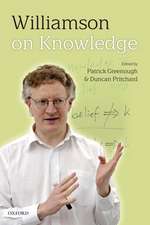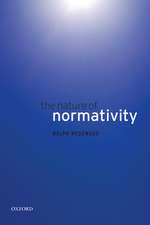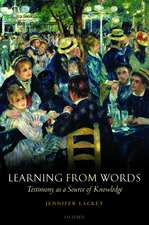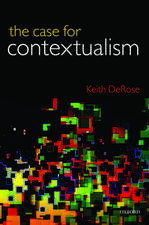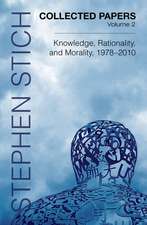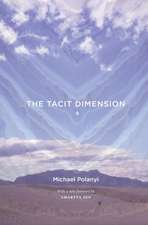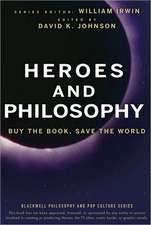A Copernican Critique of Kantian Idealism
Autor J.T.W. Ryallen Limba Engleză Hardback – 2 oct 2017
| Toate formatele și edițiile | Preț | Express |
|---|---|---|
| Paperback (1) | 524.57 lei 38-44 zile | |
| Springer International Publishing – 10 aug 2018 | 524.57 lei 38-44 zile | |
| Hardback (1) | 586.55 lei 6-8 săpt. | |
| Springer International Publishing – 2 oct 2017 | 586.55 lei 6-8 săpt. |
Preț: 586.55 lei
Preț vechi: 690.06 lei
-15% Nou
Puncte Express: 880
Preț estimativ în valută:
112.27€ • 121.99$ • 94.37£
112.27€ • 121.99$ • 94.37£
Carte tipărită la comandă
Livrare economică 21 aprilie-05 mai
Preluare comenzi: 021 569.72.76
Specificații
ISBN-13: 9783319567709
ISBN-10: 3319567705
Pagini: 256
Ilustrații: XII, 270 p.
Dimensiuni: 148 x 210 mm
Greutate: 0.49 kg
Ediția:1st ed. 2017
Editura: Springer International Publishing
Colecția Palgrave Macmillan
Locul publicării:Cham, Switzerland
ISBN-10: 3319567705
Pagini: 256
Ilustrații: XII, 270 p.
Dimensiuni: 148 x 210 mm
Greutate: 0.49 kg
Ediția:1st ed. 2017
Editura: Springer International Publishing
Colecția Palgrave Macmillan
Locul publicării:Cham, Switzerland
Cuprins
1. Introduction.- 2. Reversing Perspectives.- 3. Experience and the Human Object.- 4. Experience and Physical Reality.- 5. Kant’s ‘Applied Metaphysics’.- 6. Transcending Experience.- 7. The World–Mind Relation.- 8. Making Room for Faith.- 9. Conclusion.- Index.
Notă biografică
J. T. W. Ryall teaches philosophy at Cardiff University, UK. This is his first book.
Textul de pe ultima copertă
This book offers a comprehensive critique of the Kantian principle that ‘objects conform to our cognition’ from the perspective of a Copernican world–view which stands diametrically opposed to Kant’s because founded on the principle that our cognition conforms to objects. Concerning both Kant’s ontological denial in respect of space and time and his equivalence thesis in respect of ‘experience’ and ‘objectivity’, Ryall argues that Kant’s transcendental idealism signally fails to account for the one thing that is essential for Copernicus and the only thing that would validate a comparison between his and Kant’s critical philosophy, namely the subject as ‘revolving object’. It is only by presupposing – in a transcendentally realistic sense – that human beings exist as physical things in themselves, therefore, that the ‘observer motion’ of Copernican theory is vindicated and the distorted nature of our empirical observations explained. In broadly accessible prose and by directly challenging the arguments of many stalwart defenders of Kant including Norman Kemp Smith, Henry E. Allison and Michael Friedman, Ryall’s book will be of interest to both scholars and students of Kant’s philosophy alike.
Caracteristici
Demonstrates how the philosophical implications of Copernicus’ insight are directly opposed to Kant’s transcendental philosophy Argues for scientific realism by means of transcendental proof Explores how Kant strayed from the ‘secure path of a science’ to propose a novel but ultimately untenable philosophical theory Includes supplementary material: sn.pub/extras
